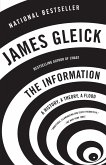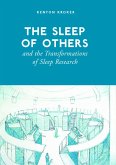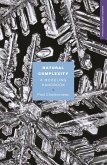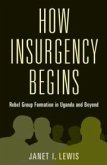As our divided political climate attests, rational deliberation has failed to persuade people to rally around issues of public health, race and gender-based violence, climate threats, and political demagoguery. In response, scholars are increasingly turning to sensation for new frameworks to understand our situated, bodily responses to rapidly changing environments. Sensory Rhetorics puts rhetoric into conversation with sensory studies writ large. This volume illuminates and interrogates how rhetoric "makes sense," focusing on the ways sensation acts as a suasive force in everyday life. Essays in the volume offer an array of (multi)sensory methods and experiences to demonstrate how sensory rhetorics open new avenues for thinking about our world. The volume begins with the role of disgust in our partisan politics and the digital economy, introduces key concepts of sensory rhetoric, and models innovative methods in relation to environmental injustice, anti-racist work, and gender-affirming surgery. The final essays leave readers with provocative questions regarding sensory regimes and exclusion, received notions of meaning, and the deeply anti-sensory attitudes of coloniality to reimagine the future work of sensory rhetoric. Together, the authors argue that this era of unprecedented change requires new kinds of bodily knowledge and sensory methods to help us understand the most pressing issues in contemporary life. In addition to the editors, the contributors to this volume are Kerry Banazek, Natalie Bennie, Kyle S. Bond, Justin Eckstein, Margot Finn, Benjamin Firgens, Romeo García, David M. Grant, Ames Hawkins, Bryan W. Moe, Christa J. Olson, Lisa L. Phillips, and Kelly Williams Nagel.
Bitte wählen Sie Ihr Anliegen aus.
Rechnungen
Retourenschein anfordern
Bestellstatus
Storno








